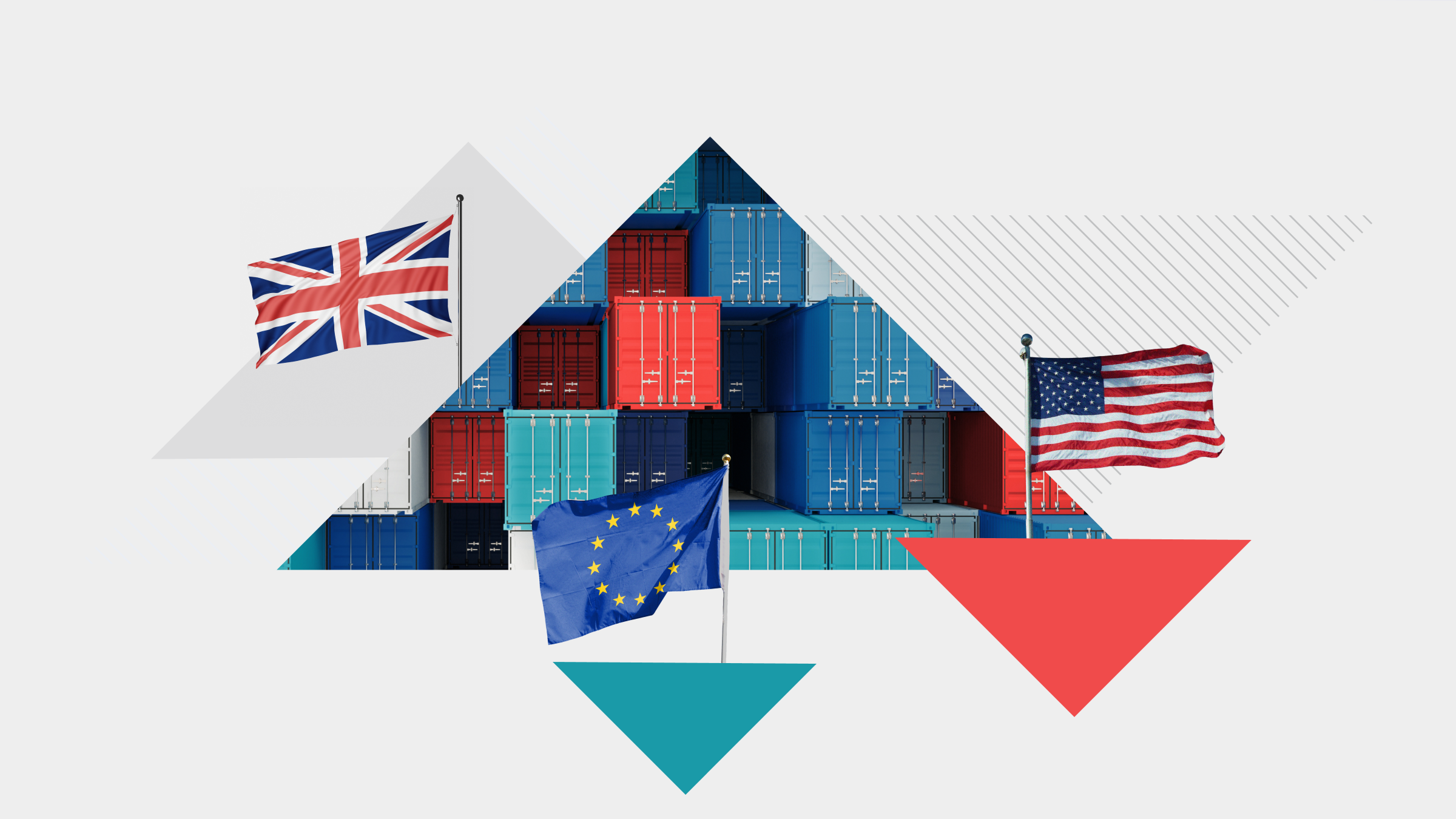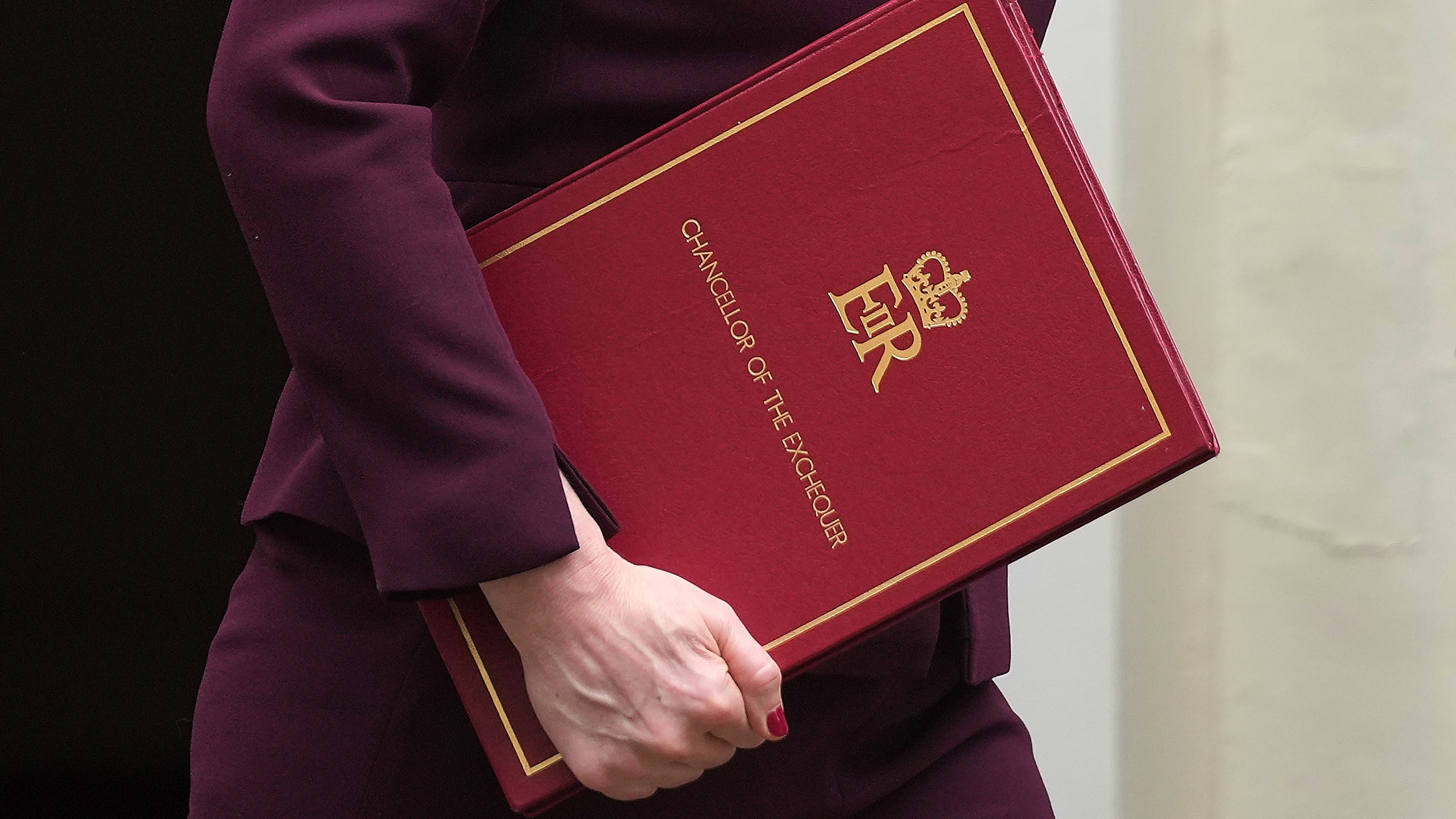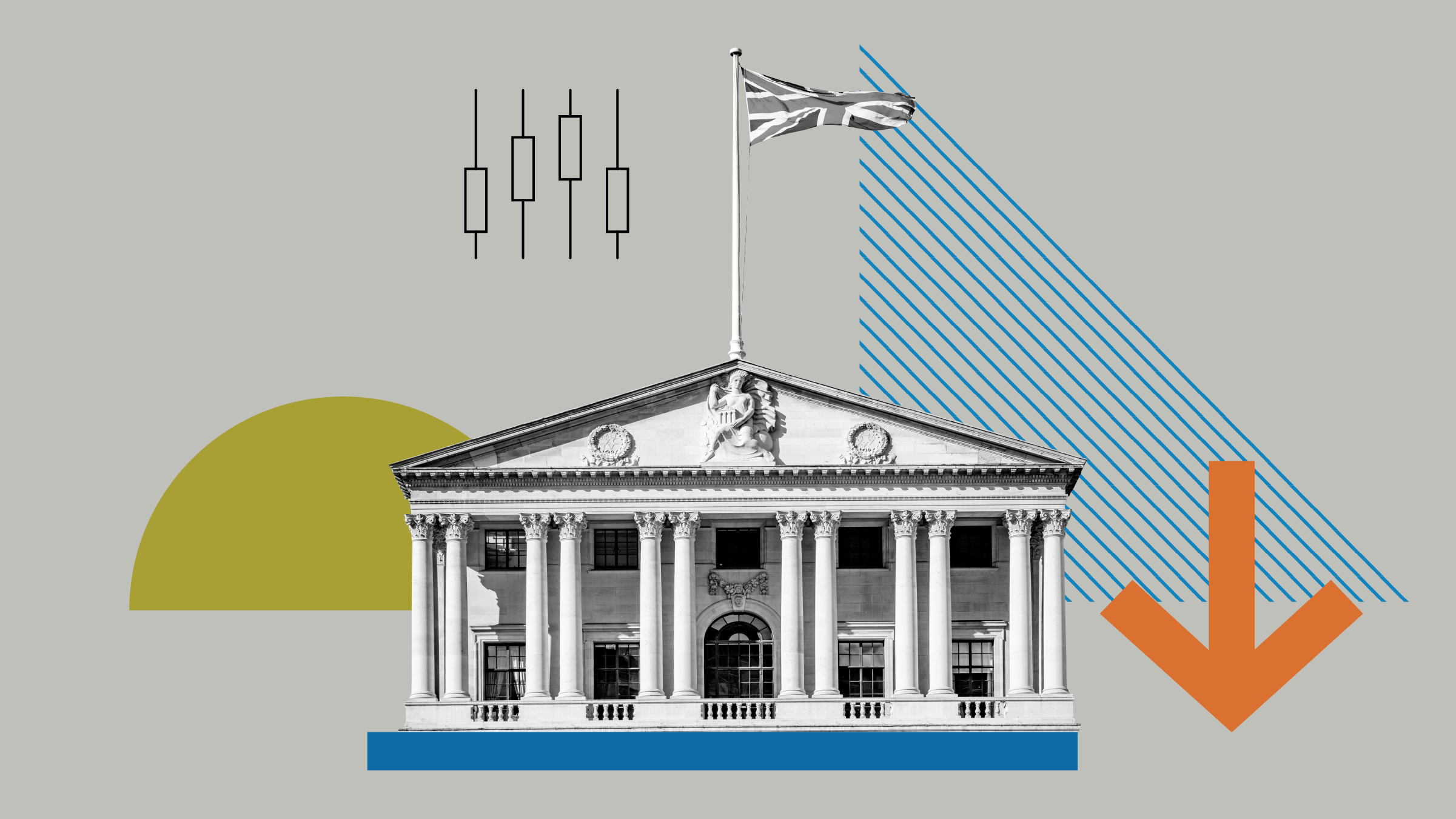
Royal Dutch Shell (RDSB) posted an impressive first quarter with earnings growth across all of its operating segments and continued strong cash flow generation. The quarter stands out from other integrateds oil firms’ relatively weak reports and demonstrates the value of Shell’s integrated model while supporting our thesis of continued earnings and free cash flow growth during the next several years. As such, our fair value estimate and moat rating are unchanged. We continued to think this improvement is underappreciated by the market, leaving the shares trading a wide discount to our fair value estimate of £36 per share. The current share price is around £24.
Adjusted earnings slipped to $5.4 billion from $5.5 billion in the same quarter last year as improved performance in the operating segments was offset by higher corporate charges due to the absence of tax credits and changes related to the implementation of new accounting standard IFRS 16. Integrated gas segment earnings increased to $2.5 billion from $2.4 billion as higher realised prices and increased contributions from liquefied natural gas portfolio optimisation offset lower production and sales volumes. Upstream earnings improved to $1.7 billion from $1.6 billion last year as reduced operating expenses and higher volumes outweighed the impact of lower oil prices.
Oil Production Should Recover This Quarter
Production across the entire portfolio, including upstream and integrated gas, fell 2% to 3.75 million barrels of oil equivalent a day from 3.84 mmboe/d the year before, largely due to divestments and maintenance activity. Volumes are expected to bounce back in the second quarter thanks to new project ramp-ups and lower maintenance activity.
In contrast to many peers, Shell reported an increase in downstream earnings to $1.82 billion from $1.77 billion. Strong results from crude oil and products trading offset weakness in refined products and chemical margins.
Operating cash flow also increased to $11.3 billion excluding working capital and the positive impact of IFRS 16 implementation, from $10.4 billion last year thanks in part to greater contribution from high-cash-margin barrels in the Gulf of Mexico, demonstrating the portfolio upgrading that has occurred in recent years. During the quarter, Shell repurchased $2.3 billion in shares, bringing the total to $6.75 billion since the launch of its program to buy back $25 billion by year-end 2020. It plans to repurchase another $2.75 billion by the end of July.
Return on capital employed improved to 8.4% from 7.1% last year, increasing confidence that Shell can achieve its 2020 goal of 10%.





























